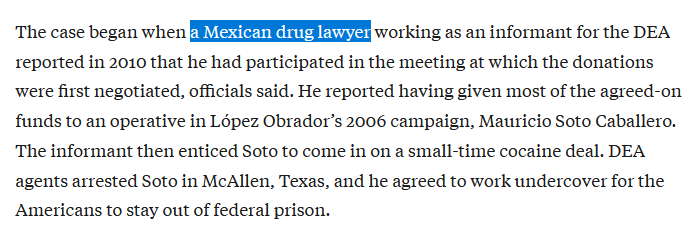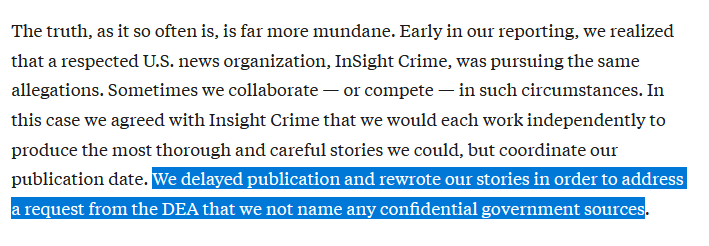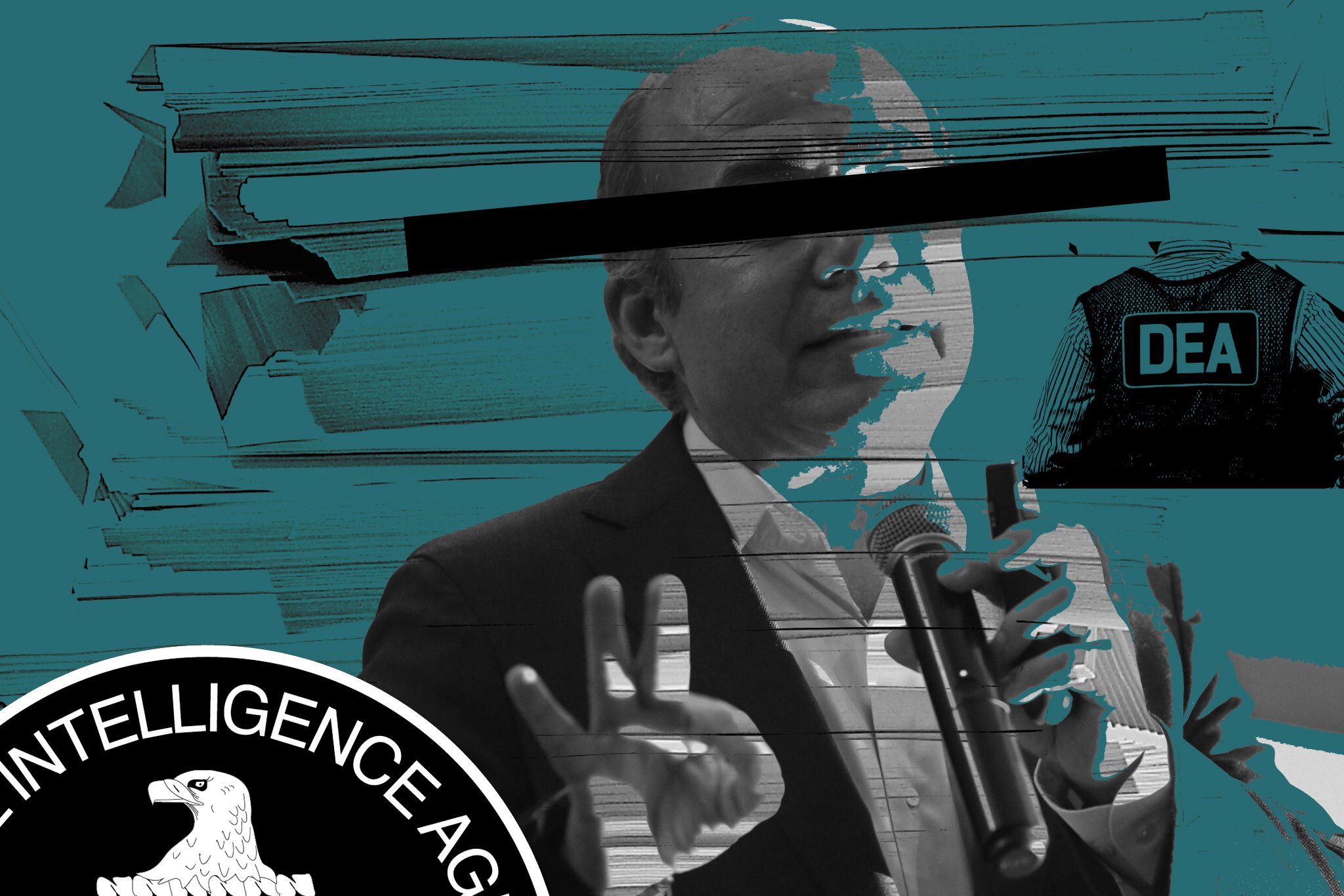Pro Publica & Dirty Work
After a widely criticized report in ProPublica this week regarding AMLO’s 2006 campaign, editor Steve Engelberg
has come out with a bit of damage control. In it, he claims to present “some facts.” Let’s take a look.
Right from the first paragraph, Engelberg betrays his bias. According to him, the real purpose of AMLO’s morning press conferences is to “control the news” and “bash his enemies-real and perceived”. This is not the language of an honest broker, but of opposition parties.

Having tarred the piece from the outset, Engelberg proceeds to his “recap.” The case against AMLO’s 2006 campaign begins, he writes, when a “Mexican drug lawyer” made his report to the DEA in 2010. Incredibly, he fails to even mention that the informant was Roberto López Nájera.

The oversight is understandable, as Nájera is an unreliable witness whose testimony has led to failed convictions. This is something, however, that the original piece tucks away at the very end, only to proceed to dismiss it as being driven by “apparent government leaks”…

Without providing any evidence. The reason for attempting to rehabilitate Nájera is clear, as without him, the piece essentially falls apart. Engelberg also says that “the informant reported to the DEA in 2010”. But as the original piece mentions, this occurred in 2008.

This tricky little game with the dates does the neat job of covering for the DEA’s failure to act on the revelations at the time (if they were so important, why let years pass?). The original piece only allows that the agency was “somewhat slower” to take advantage of him…

Dusting it off, conveniently, right around the time the 2012 campaign was about to get off the ground. (As we know from the original piece, the DEA proposed a sting operation against the AMLO campaign in 2011.)

Just as the DEA’s timing lined up with a previous presidential campaign, so does the timing of this piece. But there’s more…
Contradicting the original piece, Engelberg, now claims that Soto’s alleged recordings of Mollinedo were “incriminating, but not decisive” according to unnamed “people familiar with the case.” The original, meanwhile, details how the first recording didn’t work and the second…

did not get anything more explicit (blaming this on Soto, of course). All of this led prosecutors to be “underwhelmed.” So we’ve now gone from “underwhelmed” (Piece #1) to “incriminating” (Piece #2). The idea of Engelberg’s spin is to clearly to insinuate there *was* a case…


that was only closed for political reasons. The piece ends with an apologia for the coordinated timing with Insight Crime and Deutsche Welle, along with a very important admission that ProPublica *delayed publication* and *rewrote the story* at the request of the DEA. Talk about speaking truth to power!

In sum, the same thin gruel as the first piece, seasoned with a opening statement of bias, convenient omission of a source name, and some fast-and-loose with the dates.
ProPublica editor Engelberg says the author, Tim Golden, won’t be going to the mañanera. Fine. Golden did have time, however, to go on Latinus: the absolute bottom-feeder of right-wing gutter attack journalism in Mexico. Doesn’t exactly add credibility to the piece.

